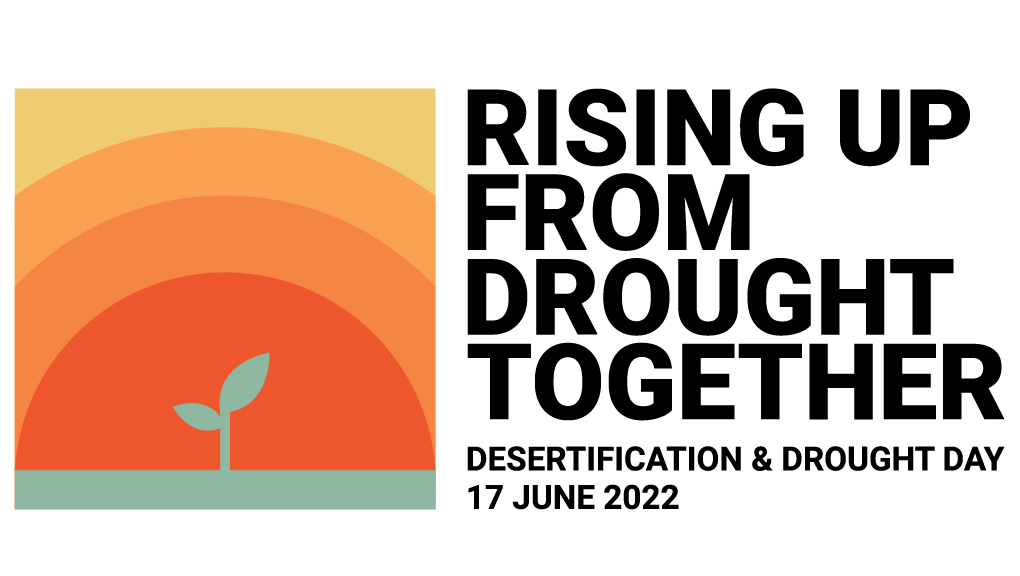
Droughts are a major threat to lives, livelihoods, and sustainable development in developing countries, and increasingly in developed countries. Projections predict that by 2050 they may impact over 75% of the world’s population. In the last 20 years, the frequency and duration of droughts has increased by nearly 30%. Drought plays a major role in desertification and is often facilitated, in a positive feedback mechanism, by land degradation.
Barbados is classified by the United Nations Commission on Water as a “water-scarce” country because its per capita water use exceeds what is naturally available.
Desertification is the process by which once fertile land becomes desert. It is a form of land degradation which impacts vulnerable land in arid, semi-arid and dry sub-humid areas. Land degradation is the decline in productivity of the land as a result of human activities which may lead to soil infertility and erosion among other detrimental effects. Not only does land degradation negatively impact biodiversity, but it also increases human vulnerability to crises. Land degradation changes rainfall patterns and worsens extreme weather events like droughts leading to loss of life, economic fallout, and damage to property and infrastructure.
It is estimated that around 25% of all land area has suffered land degradation with 12 million hectares of land lost every year due to drought and desertification. At our current rate, 95% of all land area could become degraded by the year 2050 when our population is expected to reach 9.7 billion. With projected declines in land productivity despite increases in demands from a growing population, land degradation is one of the most pressing environmental problems we face today.
United Nations Day to Combat Desertification and Drought, also known as Desertification and Drought Day (DDDay), is celebrated yearly on the 17th of June since 1997 after the establishment of the United Nations Convention to Combat Desertification (UNCCD) in 1994. The UNCCD is the only legally-binding international agreement which links the environment and development to sustainable land management. The UNCCD outlines the goal of Land Degradation Neutrality (LDN), which aims to halt the trend of land degradation by 2030, and ultimately pave the way for land restoration. As a Party to the UNCCD since 1997, Barbados has submitted regular reports to the Convention Secretariat and, in 2002, developed a National Action Programme to Combat Desertification and Land Degradation. In 2019, Barbados assessed the national framework to support LDN target-setting and implementation, and in the following year voluntarily entered the Land Degradation Neutrality Target-Setting Programme (LDN-TSP) which promotes the development of national baselines and targets to achieve LDN by 2030.
This year, the global observance of DDDay will take place in Madrid, Spain, under the theme “Rising up from drought together” to raise awareness, spread information and promote action to mitigate the effects of drought. To learn more about drought and desertification trends around the world, visit the UNCCD’s website, which shares interesting statistics and highlights success stories of water management around the world. Combating drought is a concerted action, and we all have a role to play in water management from land regeneration, adopting a diverse plant-based diet, and capturing, recycling and reusing water. Every contribution helps the problem at hand and reinforces the behaviour of responsible water use. Do not worry about doing everything right immediately, even small changes in behaviour can impact attitudes leading to positive outcomes in the long term.
Change is a direction, not a destination.




Leave a Reply